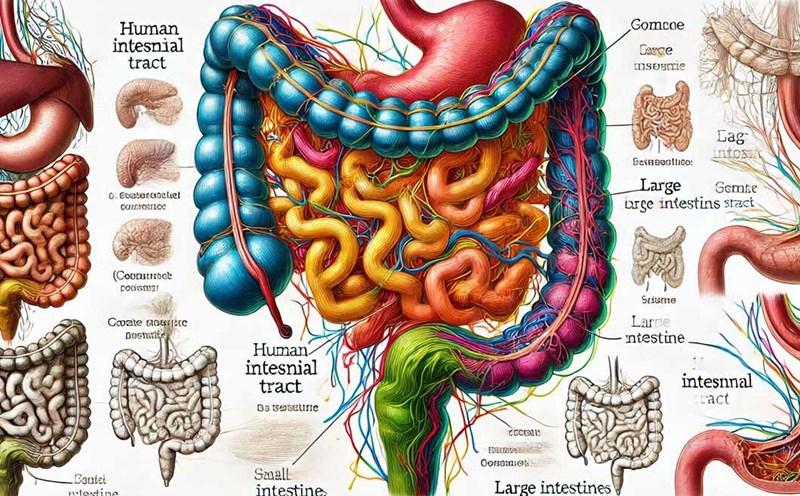According to Dr. Saakshi Hinduja, Consultant Dental Surgeon, Aster CMI Hospital, Bengaluru (India), mouth ulcers are ulcers, usually small patches, that appear on the lining of the mouth, causing pain and discomfort. Although there are many causes of mouth ulcers such as stress, poor oral hygiene or an inappropriate diet, few people know that dehydration can also be one of the factors contributing to this condition.
Effects of dehydration on the mouth and body
When the body is dehydrated, cells in the body cannot function properly, including the cells lining the mouth, says Dr. Saakshi Hinduja. Dehydration reduces the amount of saliva, leading to dry mouth. Saliva plays an important role in keeping the mouth moist and protecting it from bacteria and harmful agents. When there is a lack of saliva, the mouth becomes irritated, dry, and creates conditions for bacteria to grow, leading to mouth ulcers or sores.
The link between dry mouth and mouth ulcers
Dry mouth is one of the most common signs of dehydration. When there is not enough saliva to moisten the mouth, the mucosal tissues become dry and vulnerable, allowing bacteria to enter and cause infection. Mouth ulcers, also known as canker sores, can occur when the mucosa is damaged, causing pain and difficulty healing if not properly hydrated and cared for.
Risk of mouth ulcers due to prolonged dehydration
When dehydration is prolonged, not only the oral mucosa but the entire body is affected. Prolonged dehydration reduces the mucosa's ability to recover, making mouth ulcers difficult to heal and prone to recurrence. In addition, dehydration also affects the immune system, weakening the body's ability to protect against pathogens, making mouth ulcers more common.
Prevention and treatment
To avoid dehydration and mouth-related problems, especially mouth ulcers, it is important to maintain a daily water intake, Dr. Saakshi Hinduja emphasizes. The body needs 2-2.5 liters of water per day (depending on age, gender, and activity level). If you are experiencing dry mouth or mouth ulcers due to dehydration, immediately replenish water and use mouth moisturizing products, such as fluoride mouthwash or moisturizing gel. Limit alcohol and caffeine intake as they can increase dehydration.







